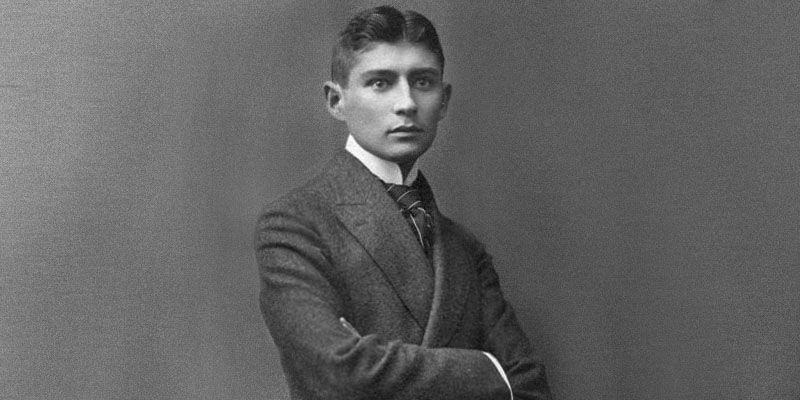Jerusalem Syndrome
- Solomon K.

- Feb 26, 2025
- 4 min read
We have a somewhat complicated and sensitive aspect to now introduce. This is a matter of self-consciousness, in the context of messianism.
In other words, we observe not how we look at a messianic candidate or career or movement or beliefs held by others in regard to a particular messianic persona, we would look beyond what the messianic persona says and acts out.
We want to consider what the person thinks inside, how this person deems himself: messianic self-consciousness.
Simplistically, we can ask - does this person think they are THE messiah, yes or no. But more interestingly, and more realistic, is - what is going on inside this person, what process are they going through, how we see their self-consciousness develop, how it is expressed…
This is a very important aspect of messianism to consider in general. When we study messianism, messianism is all these things and more: messianic self-consciousness of persons; messianic movements throughout history; the variety of messianic literature and other sources; theoretical definitions; etc.
This is also an important aspect in general of religious phenomena in regards to religious leaders and activists, basically - how one perceives themselves, and how their perception develops within and by and beyond their faith.
There is something egoistic in these cases, often seemingly narcissistic. In your mind, your faith and ego and sense of purpose or calling, vocation, however you call it, come together, and have the potential to grow and grow - whether in a balanced way, whether authentic or not.

In cults, or in the cases of ancient kings, people would think that they are really divine, angelic, possessed, and what not.
Now this may sound cynical but I do not mean it that way! There is a psychological process where one perceives the self as special, ego - not in a negative sense necessarily, and that ego is elevated...
In messianic personas we may ponder what was going on there. We can do this with Jesus as well. Later on in this series we will look it at more, with further insight and texts to consider, by Jewish mystics with messianic self-consciousness.

To make it even simpler, in the case of Jesus, just like what we have been observing as the demon possessed, the people, and the disciples - their associations and perceptions of Jesus develop, we also can wonder how this was a process inside his own self.
If you are a traditional Christian Jesus believer, you might assume Jesus knew himself from the beginning of consciousness that he is Son of God Messiah. Otherwise, you might assume, that he was special, gifted, and became a mystically powerful young man, and began to “understand” inside him regarding himself that he is more, called to be a prophet, that he is one like John the Baptist, that he is actually greater than John the Baptist, and beyond.
From such an outsider’s alternative perspective, Jesus grew to believe he is indeed the apocalyptic Son of Man and ALSO the Messiah, the Son of David.
Consciousness of Death and Dying
The focus of this platform is foremost messianism, but that in the context of religious studies and spirituality at large. I want to raise another point here which for me is valuable for religious studies and spirituality, and part of the Jesus messianism package, and also continuing the matter of self-consciousness, the ego and perception of self, in the context of faith and calling.

These tie into the matter of death. Everything in life of course would connect somehow to death and dying. When I read the New Testament, including Paul, but definitely the Gospels, and this one of Mark, the whole career and preaching of Jesus emphasizes death and dying. This is an objective literary fact. What we do with that is interpretation. It is hard not to discuss death and dying while discussing Jesus, including messianic phenomena.
In our famous passage mentioned above, Mark chapter 8, when Jesus discusses with his disciples in private what the people and what they think of him (27-30), and they say a John the Baptist or an Elijah or one of the prophets, then it reads (31): Then he (Jesus) began to teach them that the Son of Man must suffer greatly, and the elders and priests and scribes will reject him, and he will be killed, and rise after three days.
We have here a few points - one is that Jesus is identifying himself as the Son of Man, the apocalyptic figure of Daniel 7 and found in a variety of 2nd Temple literature; and secondly, that he is envisioning his death.
Now for the believer this narrative is not about death but rather death and resurrection and ascension and that is fine, but for the purposes of this study we will focus only on the death and dying aspect.

Even for the believer, this is still relevant, this is still Jesus contemplating, among other things, his own death and dying. He is foreseeing it, he is conscious of it, and it becomes part and parcel of his religious and messianic ‘career’.
The messianic career of Jesus has everything to do with the development of the concepts of messianism, the attributes and associations coming together, Son of Man, “messiah”, and David, as well as Jerusalem and dying. Going up to Jerusalem, as we have seen, means death and dying, as well as the Son of David and kingship aspect.
In Mark chapter 8 Jesus associates himself with the Son of Man, after Keifa says he is Messiah, and Jesus foresees his death by the priests and others, which means Jerusalem. Now we can pick up where we left off and continue reading.



Comments